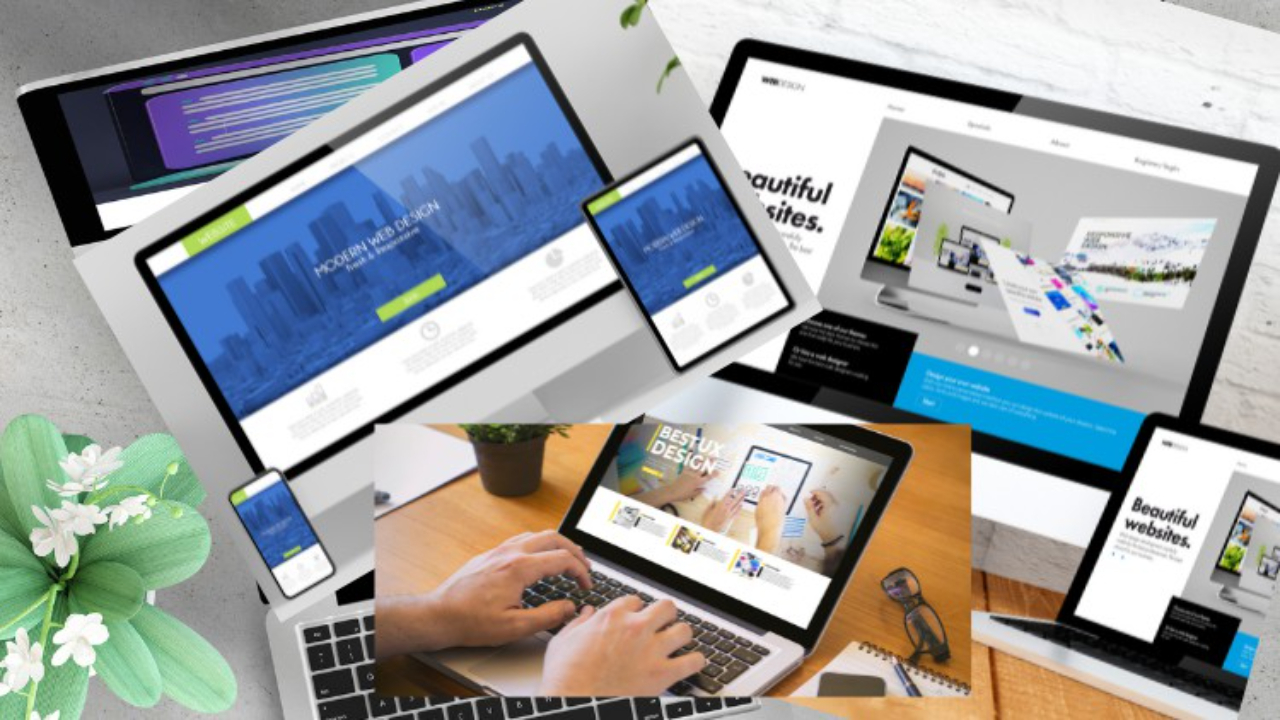Online Learning and Blogging as Therapeutic Tools: The use of technology in education has changed how people study and interact with academic material in recent years. Blogging has also become a potent medium for exchanging knowledge and expressing oneself at the same time. This paper investigates how blogging and online learning might work together as therapeutic strategies to promote better learning behaviors. Through an analysis of their respective advantages and combined effects, we want to clarify the ways in which these modalities might improve learning results and encourage holistic development.
Online Learning: A Paradigm Shift in Education
Online learning, sometimes referred to as e-learning or distant learning, is the process of delivering educational materials outside of the conventional classroom environment using digital technology. Numerous benefits come with this method, such as accessibility, flexibility, and customized learning opportunities. Free from the limitations of time and place, learners may access course materials, take part in conversations, and do assignments at their own speed and convenience.
Moreover, to accommodate a variety of learning preferences and styles, online learning systems frequently include multimedia components like movies, interactive tests, and simulations. This multimodal method improves comprehension and engagement, which results in a greater grasp and retention of the content. Online forums and discussion boards also let peers collaborate and share knowledge, which builds a sense of support and community.
Blogging: A Medium for Self-Reflection and Expression
Conversely, blogging gives people a digital platform to share their ideas, knowledge, and experiences with a worldwide audience. Blogging enables people to express their thoughts in a public setting, be it through personal musings, scholarly discoveries, or artistic projects. Self-expression may be a cathartic, self-discovering, and validated activity that is fundamentally therapeutic.
In addition, blogging promotes critical thinking and active participation as it allows users to express their ideas and converse with others. Writing, revising, and posting blog entries encourages introspection and metacognition, which helps people make sense of what they’ve learned and improve their concepts. Furthermore, getting feedback and comments from readers creates a sense of accountability and connection that inspires bloggers to keep learning and developing intellectually.
Synergy Between Online Learning and Blogging
Blogging and online learning together produce a learning environment that is synergistic and encourages overall growth and well-being. This synergy has the following potential to improve learning behavior:
- Self-directed Learning: With the freedom to investigate subjects of interest and work toward their educational objectives on their own, online learning gives people the power to take charge of their educational path. This strategy is enhanced by blogging, which gives people a way to record their educational experiences, evaluate their development, and create new goals. By creating and disseminating blog entries, students may discover their areas of strength and weakness, pinpoint areas in need of development, and adjust their learning path appropriately.
- Metacognition and Reflection: The value of these skills in the learning process is emphasized by both blogging and online learning. Reflective activities and evaluations are frequently included in online courses to encourage learners to examine their learning approaches, assess their performance, and pinpoint areas in which they need to improve. In a similar vein, blogging facilitates introspection, verbalization of ideas, and participation in metacognitive activities like goal-setting and self-awareness. Through the integration of these techniques, students may create successful learning habits and get a greater awareness of themselves as learners.
- Community and Support: Learners may interact with peers, mentors, and experts from a variety of backgrounds by joining online learning groups and blogging networks. These communities promote a feeling of community and camaraderie by acting as sources of inspiration, support, and encouragement. By means of virtual dialogues, cooperative assignments, and peer evaluations, students may augment their educational journeys, expand their viewpoints, and establish significant connections. Blogging also helps people to contribute to the collective knowledge base and share their skills, which enhances the learning community as a whole.
- Innovation and Creative Expression: Blogging inspires people to think outside the box, try out novel concepts, and share their knowledge in interesting and compelling ways. By utilizing multimedia components like photos, videos, and infographics, bloggers may improve the visual appeal and engagement of their content, drawing readers in and successfully explaining difficult ideas. Additionally, blogging encourages people to push the boundaries of conventional learning paradigms, experiment with new tools, and investigate emerging trends. This innovative and creative attitude encourages learners to push themselves to the limit and strive for greatness, which fosters ongoing learning and development.
Final Words of my Opinion:
To sum up, the combination of blogging and online learning as therapeutic tools presents a revolutionary way to enhance learning behavior and promote holistic development. Through enabling individuals to assume responsibility for their educational path, engage in introspection, establish connections with others, and express themselves artistically, this collaborative method fosters self-exploration, adaptability, and continuous learning. By embracing the possibilities of online learning and blogging, educators, learners, and content providers can establish a more dynamic, inclusive, and rewarding educational environment that equips people to succeed in the digital era.

